Karuma commissioning will take national grid to West Nile
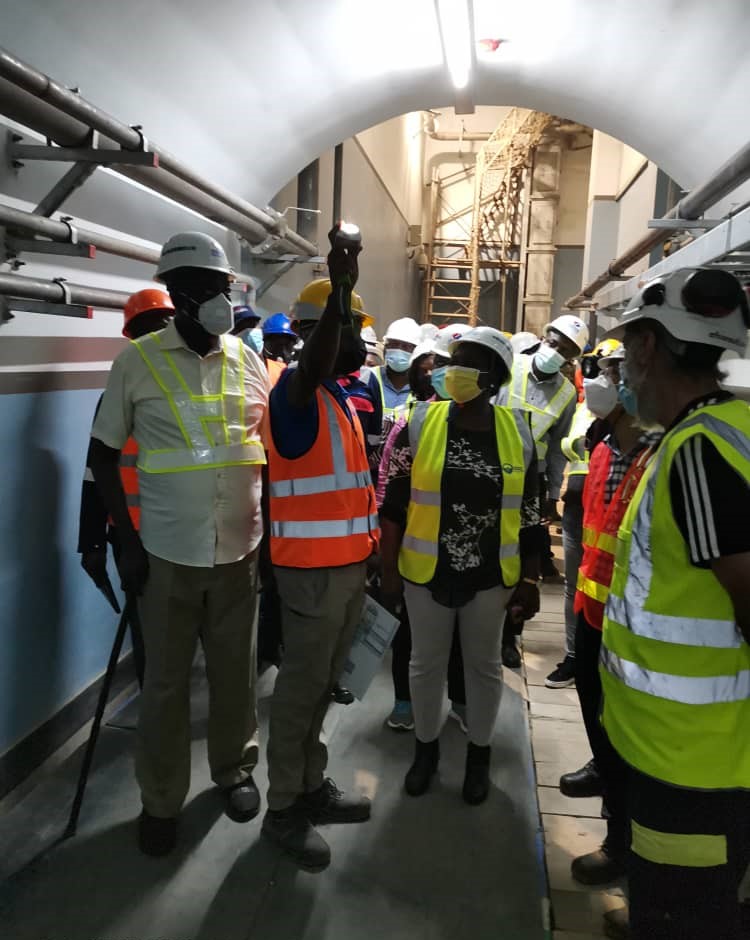
Uganda’s West Nile region will for the first get connected to the national grid mid-next year, in tandem with the commissioning of the much-delayed 600MW Karuma Hydro Power Station.
Until then, Arua City, the major population centre in West Nile, has depended on expensive off-grid thermal generation and intermittent supply from the troubled Nyagak mini-hydro power station.
Speaking during a whistle-stop inspection tour of public energy projects in the Acholi and West Nile regions, Ruth Nankabirwa, the Minister for Energy and Mineral Development, said Uganda’s largest power station would be commissioned next year and will evacuate power to four substations in – Arua, Lira, Olwiyo and Kawanda, just outside Kampala.
The Olwiyo substation has been developed with the capacity to accommodate planned power generation developments at Ayago, Oryang and Kiba falls. The substation will be linked to Gulu and Elegu Substations, for onward transmission to South Sudan. It will serve the West Nile region, through transmission lines to Pakwach, Arua, Paidha and the rest of the region, Nankabirwa told the residents at Purongo Primary School in Nwoya district and the political leaders from Arua district leaders in Arua city .
High energy lines to the substations are under different stages of completion with the 260-tower transmission line to Arua now past Pakwach. This will be the first time Arua, the isolated grid in West-Nile will be connected to the national grid.
Nankabirwa expressed satisfaction with the progress towards rectification of defects at Karuma by the contractor. Launched in 2013, the project was supposed to have been commissioned three years ago. But it has been beset by a catalogue of problems including cracks in the concrete super structure, hydraulic leakages and defective cabling.
Prime contractor Sino Hydro who won the turn key contract at USD 1.7 billion including transmission lines, has been forced to fix the defects after a new supervising consultant was hired.
“I have come here to see the defects we have been reading about. The work is huge. Initially, the contractor bundled all the cables together. Staff houses were supposed to be ready before construction of the dam started, but they are not yet ready,” Nankabirwa said after a tour of the project.
Project Manager Albert Byaruhanga, revealed that the defects include mechanical installations, electrical cables and general cabling. Some of the cables procured by the contract were below international standards and the specifications in the contract.
Eng. Irene Bateebe, the new Permanent Secretary at the Ministry of Energy, blamed the first owner’s engineer for failing to investigate, verify and certify the work done.
“We were let down by the first owner’s engineer but we have subsequently hired a better supervisor who investigated the defects and put in place a robust correction regime. We are now confident we shall commission this project in June 2022,” Bateebe said.
Nankabirwa instructed the contractor to bring on board additional technical resources to ensure the commissioning date for the plant does not slip past June 2022.
“We must deliver this power station is delivered to the people of Uganda as promised and with all defects rectified. We must energize all the transmission lines that have been erected,” she said.
Nankabirwa told stakeholders that when Karuma is added to the national grid, it will stabilise power supply to the northern West Nile regions, unlocking their economic potential.
“The government is conscious of the potential in the region, including tourism, agriculture and cross border trade, which can only be harnessed with a stable and adequate power supply,” she said.
The Minister urged political leaders in the region to sensitize the people about power generation, transmission and distribution- so that they appreciate and understand what government is doing for them, own and protect the electricity infrastructure from vandalism.
She was accompanied on the tour by the Minister of State for Minerals Hon. Peter Lokeris, Eng. Ziria Tibalwa Waako the CEO of the Electricity Regulatory Authority (ERA) and Dr. Badru Kiggundu the Chairman of the Karuma Project-Presidential Steering Committee.

 African Heads of state head to South Korea next week for Summit talks
African Heads of state head to South Korea next week for Summit talks
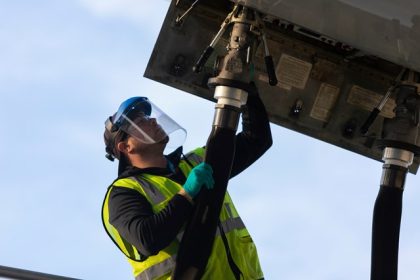 Boeing’s record SAF purchase supports airlines decarbonisation efforts
Boeing’s record SAF purchase supports airlines decarbonisation efforts
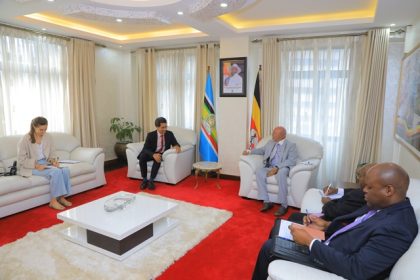 With eyes on oil and gas, France pledges USD 3 billion investment in Uganda
With eyes on oil and gas, France pledges USD 3 billion investment in Uganda
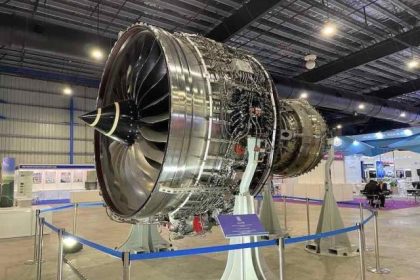 Rolls-Royce basks in expanding African footprint
Rolls-Royce basks in expanding African footprint
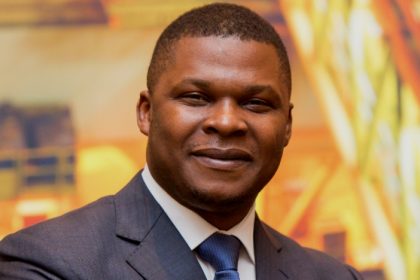 Africans must resist being bulldozed in energy transition timetable debate
Africans must resist being bulldozed in energy transition timetable debate
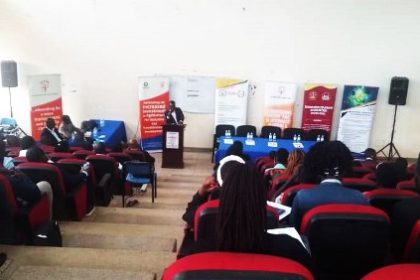 CSBAG roots for increased funding for renewable energy
CSBAG roots for increased funding for renewable energy
